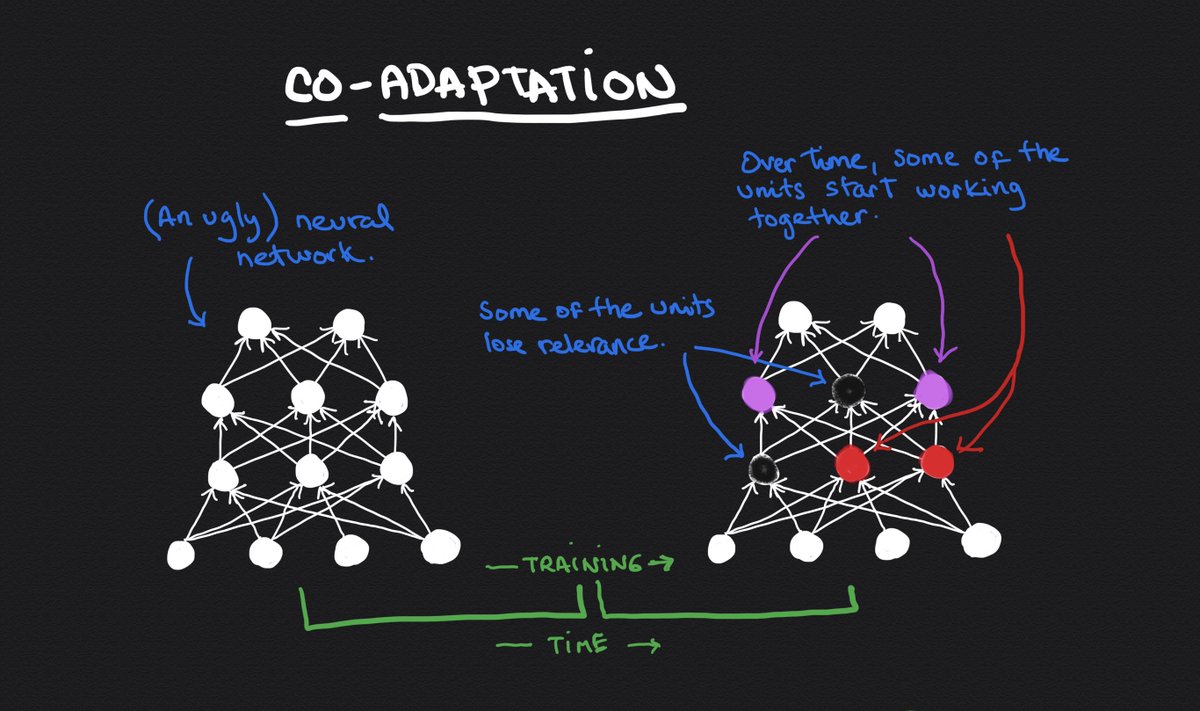
A plan to get a job as a Machine Learning Engineer.
🧵👇
🧵👇
Put in the work, level up, and get ready to demonstrate that you can deliver value.
You'll have to answer technical questions. Study up.
(If you aren't prepared, you won't pass the first round of interviews.)
(1 of 10)
You'll have to answer technical questions. Study up.
(If you aren't prepared, you won't pass the first round of interviews.)
(1 of 10)
Focus on showing, not telling.
What can you do today that will serve you as an asset when justifying your experience?
Creating a strong portfolio showing what you are capable of is the most important step you can take.
(2 of 10)
What can you do today that will serve you as an asset when justifying your experience?
Creating a strong portfolio showing what you are capable of is the most important step you can take.
(2 of 10)
Pick an area to specialize in.
I've seen that most companies hire based on specialties:
▫️ Computer Vision
▫️ Natural Language Processing
▫️ Recommendation Systems
▫️ ...
Yes, you can get a job as a generalist, but it will be much easier to niche down.
(3 of 10)
I've seen that most companies hire based on specialties:
▫️ Computer Vision
▫️ Natural Language Processing
▫️ Recommendation Systems
▫️ ...
Yes, you can get a job as a generalist, but it will be much easier to niche down.
(3 of 10)
Solve problems as close to real-life as possible.
(They should be related to your area of specialization.)
People feel that not having real experience is a disadvantage. I see it as an opportunity to pick relevant and interesting problems that you can tackle!
(4 of 10)
(They should be related to your area of specialization.)
People feel that not having real experience is a disadvantage. I see it as an opportunity to pick relevant and interesting problems that you can tackle!
(4 of 10)
Analysis first. Code is secondary.
Most people focus on the code without realizing that's the least important part.
Companies want to hear your ability to tackle problems. Focus on the analysis!
▫️ What worked?
▫️ What didn't?
▫️ Why?
▫️ How to improve it?
(5 of 10)
Most people focus on the code without realizing that's the least important part.
Companies want to hear your ability to tackle problems. Focus on the analysis!
▫️ What worked?
▫️ What didn't?
▫️ Why?
▫️ How to improve it?
(5 of 10)
The work doesn't end with a working model.
Wanna blow them away?
▫️ Host the model
▫️ Build an API around it
▫️ Set up some sort of monitoring
▫️ Build a retraining pipeline
▫️ Think about versioning
▫️ Automate the deployments
▫️ ...
(6 of 10)
Wanna blow them away?
▫️ Host the model
▫️ Build an API around it
▫️ Set up some sort of monitoring
▫️ Build a retraining pipeline
▫️ Think about versioning
▫️ Automate the deployments
▫️ ...
(6 of 10)
GitHub is your portfolio.
Publish every problem you solved, with the analysis and the code. Reference them from your front page.
(How you present this information says a lot about you!)
Make it easy for people to understand your capacity to provide value!
(7 of 10)
Publish every problem you solved, with the analysis and the code. Reference them from your front page.
(How you present this information says a lot about you!)
Make it easy for people to understand your capacity to provide value!
(7 of 10)
Think about a few big-shot problems.
Research a couple of impressive Machine Learning applications that are too big for you to tackle. Develop some ideas to solve them.
Bring them up during your interview. Discuss your ideas, and why do you think they'd work.
(8 of 10)
Research a couple of impressive Machine Learning applications that are too big for you to tackle. Develop some ideas to solve them.
Bring them up during your interview. Discuss your ideas, and why do you think they'd work.
(8 of 10)
Read a bit about the latest and the greatest.
It's always a good idea to read a couple of papers about state-of-the-art algorithms and methods to tackle relevant problems.
You don't need to fully understand everything; just get the overall idea.
Again, bring it up.
(9 of 10)
It's always a good idea to read a couple of papers about state-of-the-art algorithms and methods to tackle relevant problems.
You don't need to fully understand everything; just get the overall idea.
Again, bring it up.
(9 of 10)
THIS PAGE INTENTIONALLY LEFT BLANK.
(10 of 10)
(10 of 10)
Of course, I don't need to tell you that normal etiquette to get a job applies here as well:
▫️ Resume
▫️ Cover Letter
▫️ LinkedIn
▫️ Recruiters
▫️ Interviews
▫️ Wear a suit 😉
▫️ Salary research
You get the idea... Just like in any other job.
(11 of 10)
✌️
▫️ Resume
▫️ Cover Letter
▫️ Recruiters
▫️ Interviews
▫️ Wear a suit 😉
▫️ Salary research
You get the idea... Just like in any other job.
(11 of 10)
✌️
• • •
Missing some Tweet in this thread? You can try to
force a refresh






